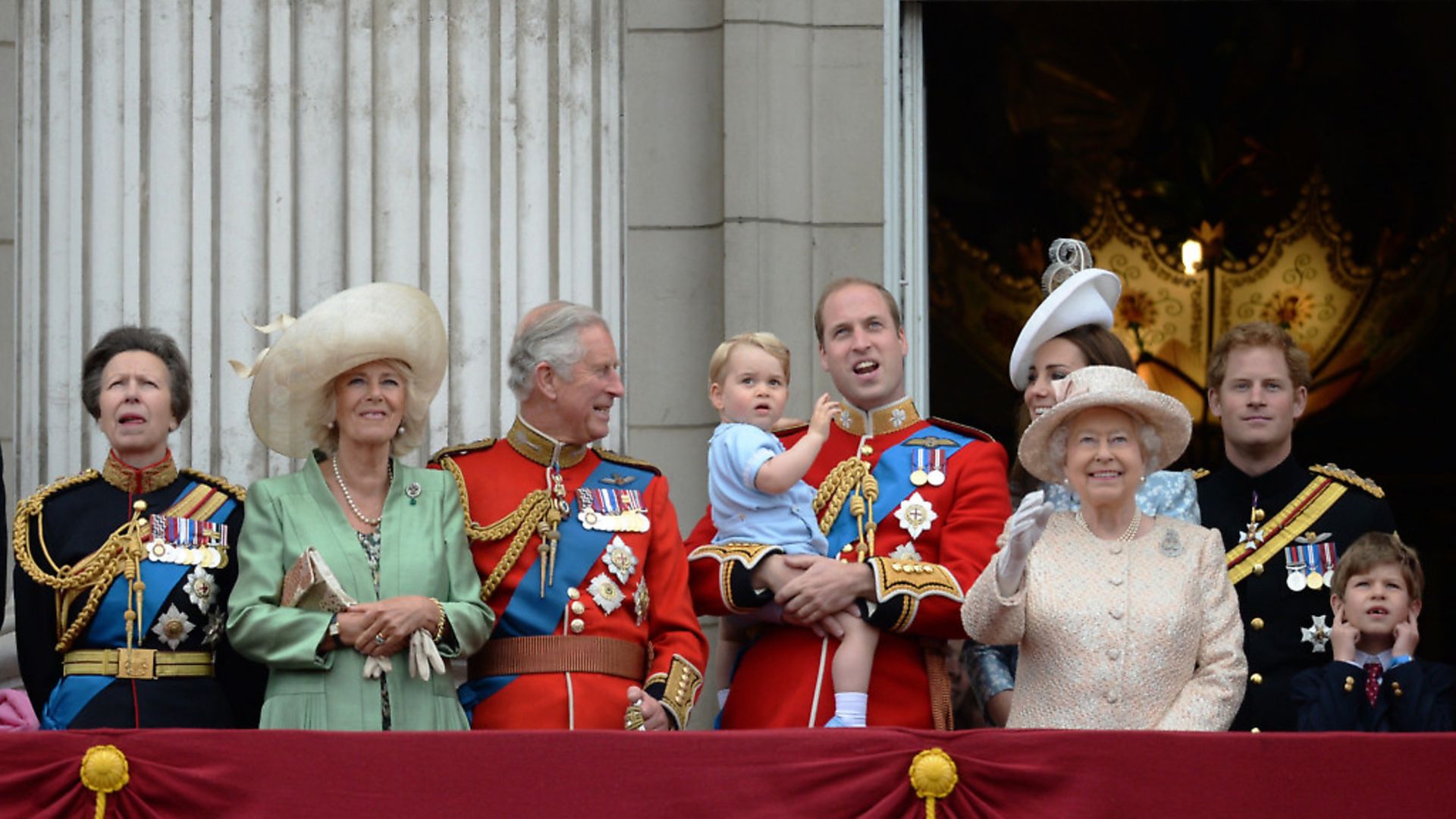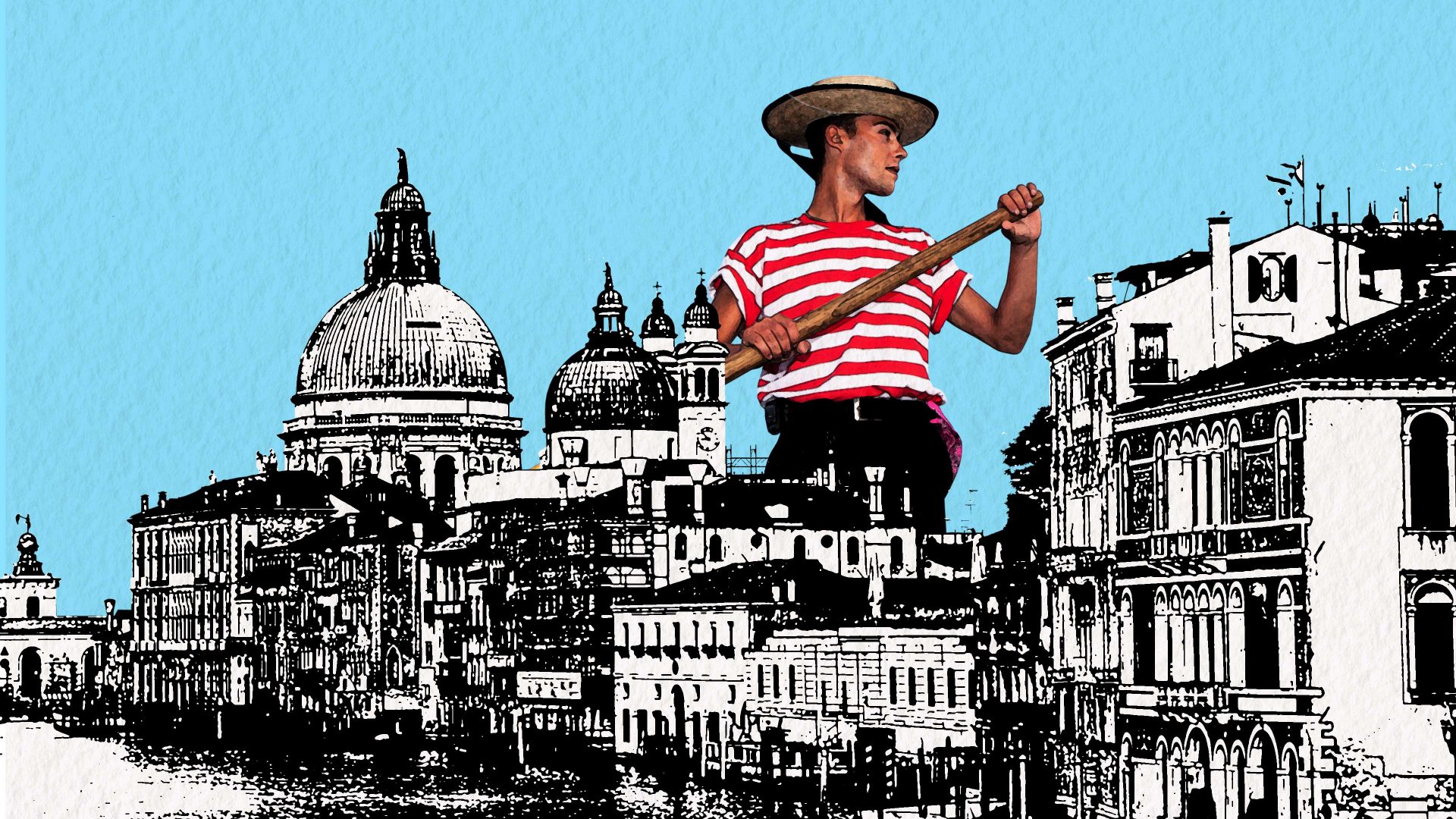In among the articles in TNE #308 stressing the decencies and discrete application of her powers by the late Queen, James Ball’s “Charles’ mission” exposed the current and historical fragility of the monarchy in this increasingly dis-United Kingdom.
The key to the durability of monarchism in Britain is its promotion by a ruling class and a subservient media. It makes royalty the favourite soap opera of millions.
Is this why so many vote so often for Old Etonians or other privileged types to rule us from Downing Street? The enduring system, with its particularly British talent for obscure medieval rituals led by exotically dressed and titled figures, only has to be infrequently wheeled out to convince us that there is a magic to ruling that is beyond the ken of ordinary people…
Chris Clode
Wrexham, Wales
A modern and slender monarchy, as proposed by James Ball and Paul Mason in TNE #308, could serve a useful purpose. As it is, the monarchy won’t change for decades because the alternative being presented is not change but complete dismantling.
As usual with two-party politics, the only solutions are binary. Monarchy-Republic, Privatisation-Nationalisation, Road-Rail. Tory-Labour. So winner takes all is the only game in town.
Ian Miles
Thank you for printing a photo of the Queen wearing her EU hat on your front cover (TNE #308). In the TV programmes I have watched in the past week, I have not heard any mention of her proficiency in speaking French, nor even of the commendable effort of Charles in learning Welsh as Prince of Wales.
It is as if we had forgotten our history as a multilingual nation in a multicultural continent.
Philip Stewart
Boars Hill, Oxford
I was very disappointed to find 18 pages of TNE #308 devoted to how wonderful the Queen was. Please, please can we have a measured approach? There are many of us who read this paper who have zero interest in the royal family.
Whilst I completely understand that you needed to acknowledge the death of an elderly lady, I hope in the future for more balanced articles about a constitutional monarchy that is anachronistic in the 21st century.
Sue White
Madley, Herefordshire
Among the many issues in a modern society clinging onto a medieval institution there are two that stand out in my view. There is firstly the concept of “crown in parliament”, which is the notion that parliament is merely doing the bidding of the crown. This has today largely been transmuted to doing the bidding of the prime minister.
This, together with the fact that the executive is chosen from the legislature (which then has even less incentive to scrutinise the executive) means that we are ruled by what has been described as a parliamentary dictatorship: there is no separation of the executive and the legislature.
Secondly, the existence of a monarchy normalises a hierarchical society where some are born to rule and others are born to obey, where some are born to run our politics, our media, our civil service, our legal system, our police, our armed forces, our NHS and even our industries, while others are not. A monarchy normalises a society where some are entitled and some are different.
With the passing of the Queen, might this not be the time for us to consider whether we all want to continue to be part of such a society?
Andre D’Ambra
Swansea, Wales
The Queen may well have saved the monarchy, as Alastair Campbell writes (TNE #308). However, I suspect this might have been for the benefit of the monarchy rather than for the benefit of the people.
John McLorinan
While watching the Queen’s grandchildren’s vigil, I noticed among those filing past a woman who crossed herself and genuflected in a Catholic manner and a few seconds later two young women faced the coffin praying in an Islamic manner.
This gave me great hope, as it demonstrated one nation comprising different traditions. I doubt this could have happened 70 years ago when I was raised, but over the years equal respect for different traditions has become a vital part of our nation.
The principle of respect for different traditions is clearly safe with the King and his respect for all religions, but it is also the bedrock upon which the Good Friday Agreement rests and here we are not so fortunate; Johnson and his self-serving Tories have shown utter contempt for Unionist tradition with their Brexit deal. Unfortunately, just like an abandoned spouse, the DUP, after being used by Johnson to have his way, are blaming and punishing others for his sins.
It is time for them to face reality; they were duped by Johnson. Now, with a change of monarch and PM, they have an opportunity to return to the Assembly and, like the King, serve all the people of Northern Ireland in the tradition of the late Queen.
John Simpson
Ross-on-Wye, Herefordshire
Much has been made of the way Queen Elizabeth exercised soft power on behalf of the UK, in particular her visit to Germany in 1965, which was seen as a major contribution to postwar reconciliation. Now it seems that she wasted her time and effort.
It’s reported that our new prime minister, like her predecessor, believes that the EU will not move on the NI Protocol negotiations until they see the “glint of bayonets”. Not even the usual second world war allusions this time, but the language of the trenches. Pathetic.
Ed Lewis
Potters Bar, Hertfordshire
The Queen hardly put a foot wrong. That’s quite an achievement. But does it merit these endless days of mourning? We have an economic disaster on our hands, yet parliament has been out of action. Government, or what’s left of it, is making decisions without scrutiny. Are we still a democracy? If it were not for our King we’d be a banana republic.
Ian Jones
Fulham, London
I read TNE #308 on the train and in the queue to see Queen Elizabeth lying in state. I am sure many readers will feel the sadness and sense of respect I feel about her passing; I am sure others will be bewildered by this reaction.
I hope none of my fellow TNE enthusiasts think us stupid. Dismissing the views of others led us to the twin catastrophes of the referendum result and the election of Johnson in 2019. Let’s give each other, royalists and republicans, a break.
Marie Hobbs
Swede sour
As a Swedish Liberal politician, “Stockholm syndrome” (TNE #308) doesn’t give the whole picture of why the Sweden Democrats performed so strongly in our election.
Yes, the Swedish centre-right is partly to blame. The Moderates started praising the Sweden Democrats for “pointing out issues” and for being “right on immigration” – no surprise then that many voters went to the Sweden Democrats and they became bigger than the Moderates.
But, for instance, your writer states that “Swedes are number three on the list of which country’s citizens worry the most about crime, despite the fact that the actual crime statistics suggest that far less worry might be warranted.” True, and not true. Sweden has experienced a sharp uptick in violent crimes and gang crimes. These crimes have become more extreme, with many shootings.
And, finally, the Social Democrats and the Centre Party made the whole election a referendum on the Sweden Democrats rather than talking about their own policies. The result? The Sweden Democrats crushed the Centre Party in rural areas, because they kept talking about actual policies like lowering the cost of fuel.
Anton Sjöstedt
Winnetou fans
The name “Winnetou”, so enjoyably Germansplained in TNE #305 and then discussed in #308’s Letters page, will already be familiar to devotees of the police detective Bernie Gunther in Philip Kerr’s inspired series of second world war historical novels.
In his final book Metropolis, the nickname typifies the mordant wit of the Berlin city police in its application to a ghoulish serial killer whose MO includes scalping his female victims in a bid to purge the degenerate city of its undesirables. No problems with stereotypes in 1928 Weimar.
Brendan McCabe
10 grand Gary
Re: Your review of Gary Barlow’s one-man show (TNE #307). I’ve heard Barlow gets paid 10 grand per night. After tax, that’s 10 grand.
Martyn Gaunt
Via Facebook
Papal secrets
David Killen’s article about the “stumbling stone” memorials in Rome’s Jewish Ghetto (TNE #307) omits to mention that at least 1,000 of the victims were held in a military college just 800 metres from the Vatican prior to their deportation and murder, or that Pope Pius XII failed to condemn the arrests and deportations that took place almost within sight of St Peter’s Square.
The Pope At War, a new book by David Kertzer, examines recently released papal archives and reveals some uncomfortable truths about the Roman Catholic Church and the Nazis.
Geoff Corre
Rainford, St Helens Solar parks
Re: Solar farms (Letters, TNE #307). Why don’t we put solar panels over car parks as they do in France? They keep people and cars dry in the rain, cool and shaded in hot sunshine and are generally near the national grid.
Valerie Organ
South Molton, Devon
Pre-occupied
I enjoy reading Peter Trudgill’s articles, although not always agreeing with his conclusions. In “The hidden curse of British Latin” (TNE #307), he refers to the Roman occupation, an almost universal conceit among anglocentric writers.
Roman Britain endured longer than the present “United” Kingdom and was an integral part of the Roman empire. It was a multiracial land with cities, towns, roads, sanitation, literacy, a common legal system and coinage, and so much else. In a word, a civilised place that was destroyed by genocidal Anglo-Saxon invaders, a destruction so complete as to have no real parallels elsewhere in the western empire.
If writers continue to refer to the Roman occupation of Britain, perhaps Celts such as myself should refer to this present era as the Germanic occupation.
Francis Toolis
Mitch rocks
Mitch Benn’s So Long, Boris songbook (TNE #307) was absolutely masterly – his best ever, so far, with rewrites of the Beatles with Let It Be, the Rolling Stones with their masterpiece Sympathy for the Devil and Queen’s astonishing Bohemian Rhapsody.
Would that the Beatles, the Stones and Queen had been running this country for the last 12 years…
Ros Williams
Selfie stick
No, Will Self (TNE #306) it is not the size of Scotland’s population that causes the use of the diminutive! The diminutive has been associated with the Scots language since the 14th century and since the 18th the ending “ie” has become dominant over other diminutive endings.
Even if someone is not a speaker of one of the dialects of Scots, the Scottish Standard English spoken by everyone is influenced by the dialects of Scots to some degree. The diminutive is still used to display affection or when talking about something you know well – especially in the north-east of Scotland.
There are differences in people throughout these islands in the way people speak, which are often for historical linguistic reasons. Things like that make the world interesting.
Alan Connochie



